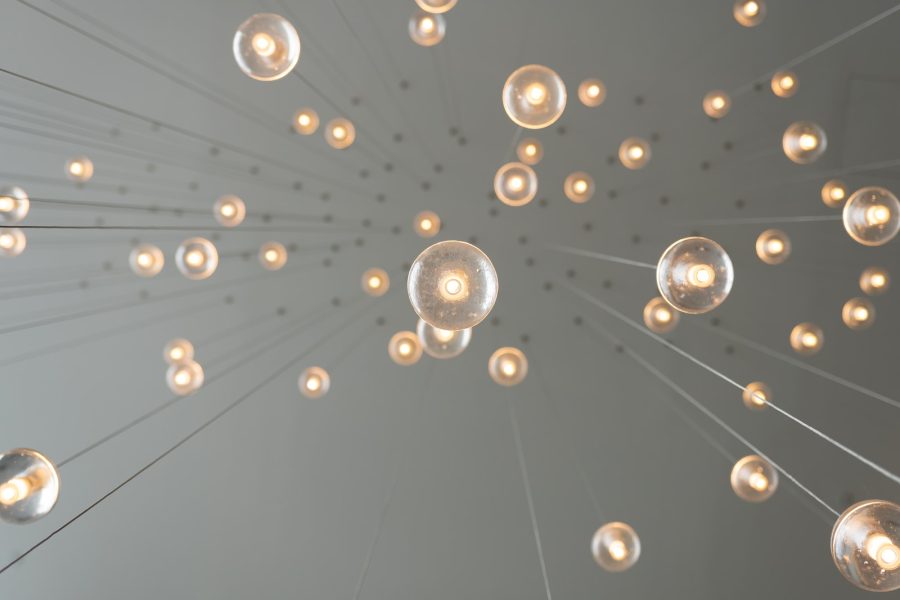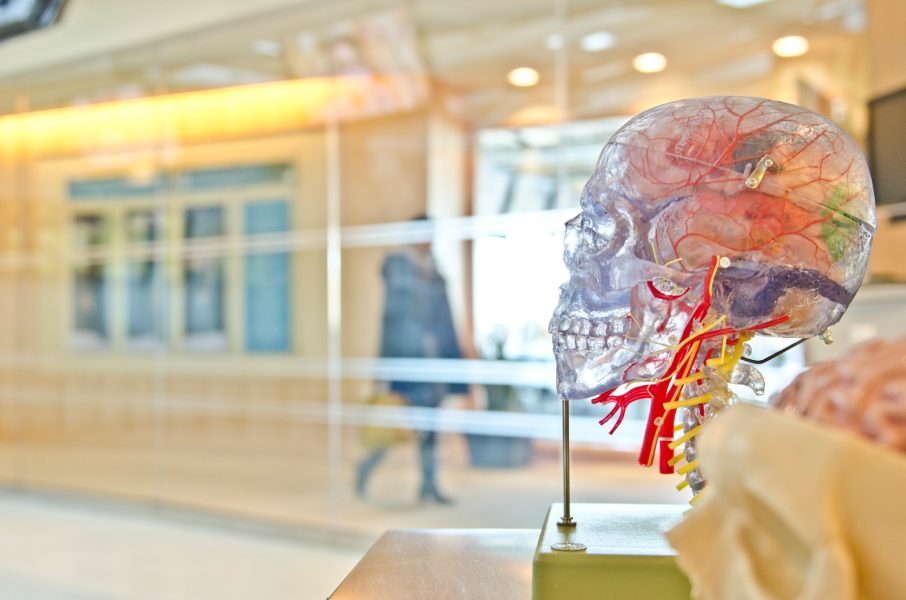The human brain is an incredibly complicated and diverse organ. One of its many roles; is to help you form memories. Memory can be defined as the ability to remember things that happen in your life, and it’s a skill that we all need to use on a daily basis. Did you know, though, that there’s only one part of the brain that controls your memory?
Table of Contents
Introduction
This article will explore the science behind memory, and specifically, what part of the brain is responsible for controlling it. We’ll examine some of the latest research on the topic, and try to answer some common questions about memory and the brain. So whether you’re a student trying to ace your next exam, or a senior citizen looking to keep your mind sharp, this article is for you.
What is the Brain?
The brain is the most complex organ in the human body and is responsible for all of the body’s functions. The brain is made up of many different parts that work together to control everything from memory and movement to thoughts and emotions. Here is a list of some of the most important parts of the brain:
- The cerebrum is the largest part of the brain and is responsible for consciousness, thought, and voluntary movement.
- The cerebellum is located under the cerebrum and controls coordination and balance.
- The hypothalamus controls many important functions like hunger, thirst, body temperature, and blood pressure.
- The pituitary gland produces hormones that regulate growth, reproduction, and metabolism.
- The amygdala is responsible for emotions like fear, anger, and pleasure.
- The hippocampus is important for learning and memory.
Why is Memory Important?
- Memory is important for understanding language. It allows us to remember the meaning of words and understand how to put them together to form sentences.
- Memory is important for learning new skills. It allows us to remember how to do things we have learned in the past, such as riding a bike or tying our shoes.
- Memory is important for keeping us safe. It allows us to remember things like where we parked our car or what time our doctor’s appointment is.
- Memory is important for helping us plan for the future. It allows us to remember what we need to do and when we need to do it.
- Memory is important for providing us with a sense of identity. It allows us to remember who we are, where we come from, and what experiences we have had in our lives.
Which Part of the Brain Controls Memory?
Some scientists believe that memory is distributed throughout the brain, while others believe that it is concentrated in certain areas. However, there is still much disagreement about the exact location of memory in the brain.
One theory suggests that the hippocampus is responsible for memory. This region of the brain is important for learning and forming new memories. damage to the hippocampus can lead to impairments in memory.
Another theory implicates the prefrontal cortex in memory. This area of the brain is involved in executive function and decision making. It has been shown that damage to the prefrontal cortex can lead to problems with short-term memory.
Still other scientists believe that memory is distributed throughout the brain. This theory suggests that different parts of the brain are responsible for different types of memories. For example, the hippocampus might be responsible for spatial memories, while the prefrontal cortex might be responsible for autobiographical memories.
The truth is that we still don’t know exactly which part of the brain controls memory. However, continued research will hopefully help us to better understand this complex process.
How is memory affected by aging?
As we age, our memories inevitably start to decline. This is due to a number of factors, including changes in the brain. The part of the brain that is responsible for memory, the hippocampus, starts to shrink as we age. This can lead to problems with encoding new memories and retrieving old ones. Additionally, the brain’s supply of neurotransmitters decreases with age, which can further impair memory.
There are some things you can do to help offset the effects of aging on memory. A healthy lifestyle including exercise, a balanced diet, and mental stimulation can help keep your brain healthy and improve memory. Additionally, some supplements like omega-3 fatty acids have been shown to help with memory. If you are concerned about your memory, talk to your doctor about ways you can help preserve it.
How Does a Person Learn and Remember New Things?
There are many different theories about how people learn and remember new information, but one of the most widely accepted theories is that learning and memory are controlled by the brain. The brain is made up of many different parts, each of which plays a role in learning and memory. For example, the hippocampus is a part of the brain that is essential for forming new memories. damage to the hippocampus can lead to problems with memory.
Conclusion
The part of the brain that is responsible for memory is known as the hippocampus. This region of the brain is important for both long-term and short-term memory. without it, we would be unable to remember anything. The hippocampus is especially vulnerable to damage from stroke or other injuries, which can lead to memory loss.








